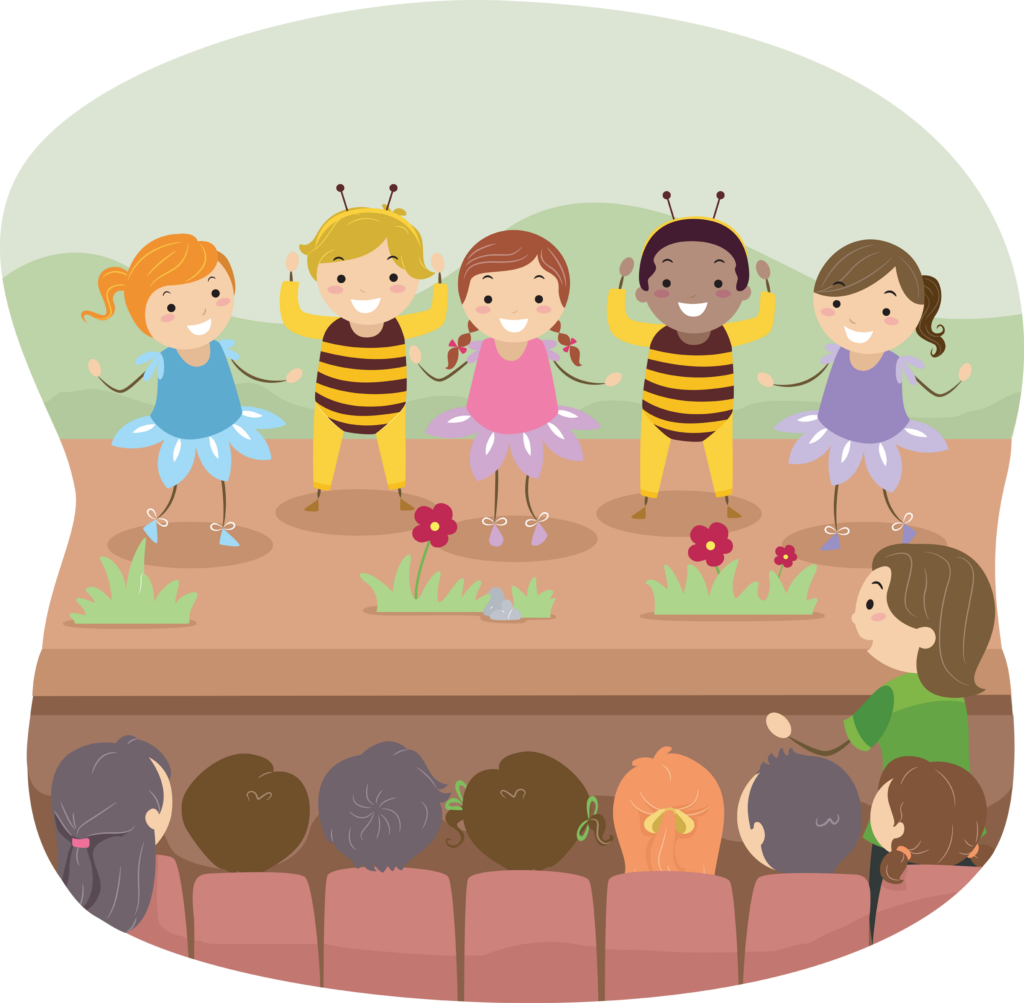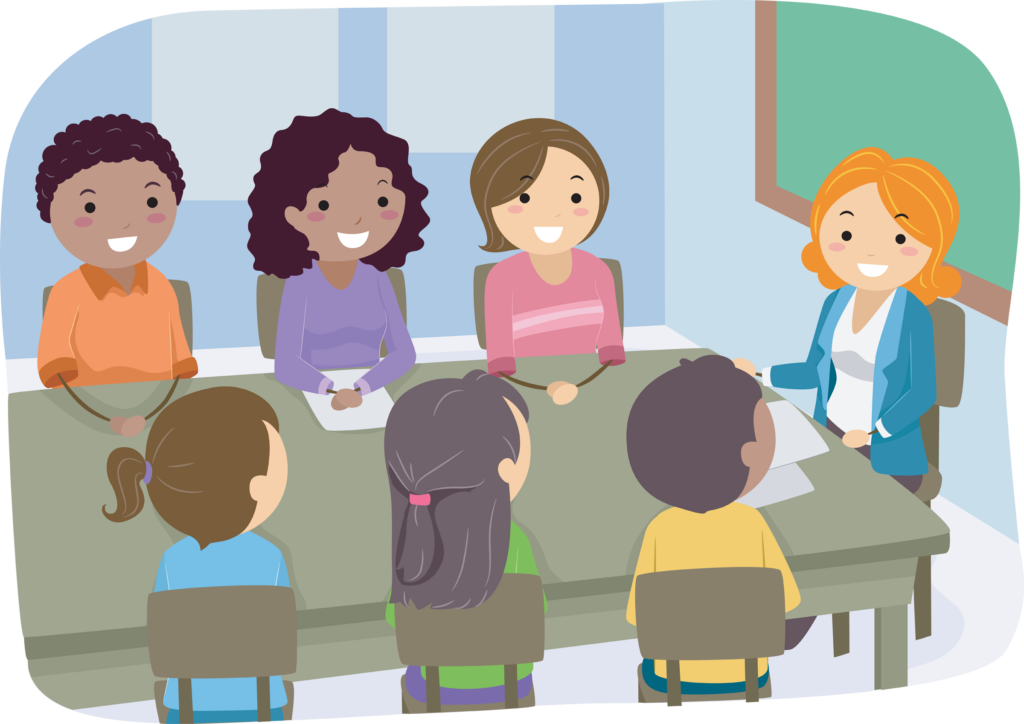
Stepping into the vibrant world of early childhood education, new preschool teachers and homeschooling parents find themselves on the cusp of an enriching and rewarding journey. It’s a dynamic sphere where every day unfolds as a unique blend of learning, play, and growth. While the voyage can occasionally feel challenging, it promises profound satisfaction for those committed to shaping young minds. This comprehensive guide aims to provide a wealth of practical tips to ensure a smooth transition into this role, enhancing the educators’ teaching experience and the children’s learning journey.

- Adopting a Child-Centric Approach: The crux of early childhood education is the child’s individual needs. As educators, their role revolves around creating a nurturing, safe environment that encourages children to explore and learn at their own pace. The objective isn’t to accelerate learning, but to kindle a lifelong passion for it. This approach sees the child as an active participant in their education, fostering a sense of ownership and autonomy from an early age.
- Cultivating a Love for Learning: It is vital for educators to instill a sense of curiosity and wonder in their young students. By encouraging questions and promoting an inquisitive mindset, children learn that it’s not just okay to ask questions, but it’s highly encouraged. Even if the educator doesn’t have immediate answers, the process of seeking information together is a valuable lesson in itself, demonstrating that learning is a continuous, lifelong journey.
- Embracing Play-Based Learning: Play is integral to a child’s development, serving as their primary ‘work.’ Through play, children decipher the world around them, gaining valuable insights into how things work. Thus, incorporating play-based learning strategies is essential. This could involve a range of toys, games, and activities that foster motor skills, cognitive development, and social-emotional learning. The key is to strike a balance between guided play, where learning objectives are subtly embedded, and free play, where children can explore independently.
- Establishing Consistent Routines: Children thrive in environments that offer structure and predictability. Regular routines provide a sense of security, enabling children to understand expectations and develop self-discipline. However, it’s equally crucial for educators to demonstrate flexibility, allowing for spontaneous teachable moments and adapting routines to suit the evolving needs of the children.
- Communicating Clearly and Simply: Effective communication is the cornerstone of successful teaching. This involves using age-appropriate language, delivering clear and concise instructions, and setting transparent expectations. Regular comprehension checks are important to ensure the children are following along. Patience is key here – children may require instructions to be repeated or broken down into smaller, manageable steps.
- Respecting Individual Differences: Each child is a unique individual with their distinct learning styles, developmental levels, and interests. Recognizing and honoring these differences enables the educator to tailor their teaching strategies, ensuring that every child feels seen, heard, and supported in their learning journey.
- Promoting Social Skills: Early childhood education also serves as a crucial platform for social development. Educators should strive to cultivate a strong sense of community within the classroom, teaching children essential social skills like sharing, cooperating, and respectfully resolving conflicts. These form the building blocks for successful social interactions in later life.
- Celebrating Small Victories: Even the smallest achievements, like writing their name for the first time or tying their shoelaces, are significant milestones in a preschooler’s life. Acknowledging and celebrating these victories instills a sense of accomplishment and motivates children to embrace new challenges.

- Building Partnerships with Parents: Parents are their child’s first teachers and play an integral role in their early development. Therefore, maintaining an open line of communication with them is crucial. It’s important for educators to share children’s progress regularly, discuss any concerns, and involve parents in the educational journey. This collaboration not only reinforces learning at home but also ensures consistent approaches between home and school, providing children with a more stable learning environment.
- Prioritizing Self-Care: Being an educator is an immensely rewarding, yet demanding role. It requires a significant investment of time, energy, and emotion. Therefore, it’s crucial to remember the saying, “You can’t pour from an empty cup.” Just as educators are committed to nurturing their students, they must also commit to nurturing themselves. Regular self-care practices – be it exercise, meditation, a favorite hobby, or simply quiet time with a good book – are essential to recharge and rejuvenate. A well-rested and healthy educator is better equipped to provide the best educational experiences for their students.
Entering the world of early childhood education is an exciting endeavor. As new teachers and homeschooling parents navigate this journey, these tips can serve as a guiding light, illuminating their path towards effective, enjoyable, and enriching teaching experiences. Remember, the ultimate goal is not just to educate, but to inspire a lifelong love for learning, to foster curiosity, and to help shape well-rounded, future-ready individuals. Here’s to the educators who make a difference, one child at a time. Happy teaching!




